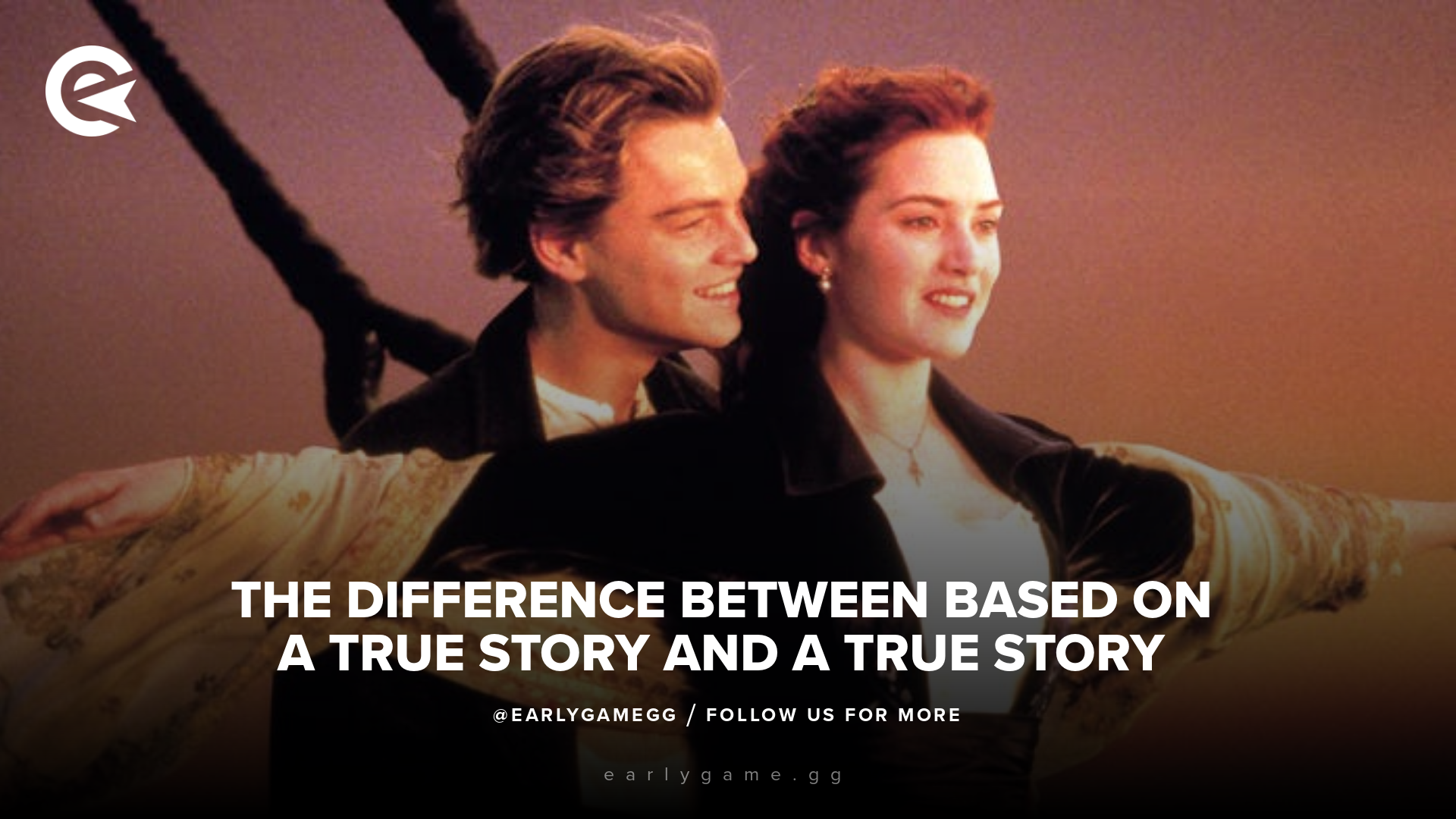
As a history enthusiast who has spent countless hours engrossed in various forms of media and delving into the intricacies of real-life events, I find myself drawn to stories that are labeled as “a true story.” There’s something captivating about knowing that the historical details are accurate or closely based on reality.
When it comes to narratives found in various forms of media like games, books, and films, the phrases “based on a true story” and “a true story” are frequently used. However, these terms aren’t merely marketing tricks – instead, they significantly impact the context in which the story is presented.
What does “a true story” mean?

When a film or game says it’s based on a true story, it tends to closely resemble real life situations. The aim is to portray actual occurrences as authentically as possible. They make an effort to maintain a strong sense of truthfulness. These narratives might bend some rules for the sake of entertainment, but they always try to preserve the core elements of real events.
A prime example is the game “Valiant Hearts: The Great War,” which is a emotionally-charged game set during World War I that narrates the tales of several individuals entangled in the turmoil. This game is based on actual historical events, incorporating letters, photographs, and facts to educate players about the real people and conflicts unfolding behind the scenes.
A film example could be Steven Spielberg’s “Schindler’s List,” a movie released in 1993 that narrates the actual tale of Oskar Schindler, a German entrepreneur, who managed to rescue more than a thousand Polish Jews during the Holocaust by hiring them at his factories.
In such cases, when a medium, like a movie or game, claims to be “based on a true story,” it means that the main events or incidents depicted are inspired by real-life occurrences, but there may be some creative liberties taken or elements fictionalized for entertainment purposes.
What does “based on a true story” mean?

Conversely, productions that advertise themselves as “inspired by real events” tend to have greater flexibility in their interpretation. These films or games may draw on actual occurrences or individuals as a foundation, but they frequently employ artistic license to enrich the storyline. While the fundamental narrative might retain its roots in truth, the specifics are often modified to accommodate gameplay mechanics or to heighten plot intrigue.
“For instance, consider ‘Assassin’s Creed III’. This game is set against the backdrop of the American Revolution, where notable figures such as George Washington appear, but the main character, Connor, is a fictional Assassin. Although the environment and historical context are authentic, the narrative of the game incorporates both accurate historical facts and imaginative elements, resulting in a story that is inspired by history rather than a strict retelling.
In another instance, we can refer to the well-known film titled “Titanic”. However, unlike the actual event, fictional characters such as Jack and Rose were not part of the real Titanic story.
Although both approaches to telling a story can be very compelling, the definition of these statements makes a big difference in the context of the story. When a movie tells a true story in detail, the viewer’s expectations and emotional involvement are much different compared to when there is a lot of fiction involved.
Read More
- Brody Jenner Denies Getting Money From Kardashian Family
- I Know What You Did Last Summer Trailer: Jennifer Love Hewitt Faces the Fisherman
- New God Of War Spin-Off Game Still A Long Way Off, According To Insiders
- Bitcoin Price Climbs Back to $100K: Is This Just the Beginning?
- Anupama Parameswaran breaks silence on 4-year hiatus from Malayalam cinema: ‘People have trolled me saying that I can’t act’
- How Taylor Swift’s Bodyguard Reacted to Travis Kelce’s Sweet Gesture
- The Wonderfully Weird World of Gumball Release Date Set for Hulu Revival
- Justin Bieber ‘Anger Issues’ Confession Explained
- The Entire Cast Of Pretty Little Liars Hopes For A Reunion Movie
- All Elemental Progenitors in Warframe
2024-10-01 12:10